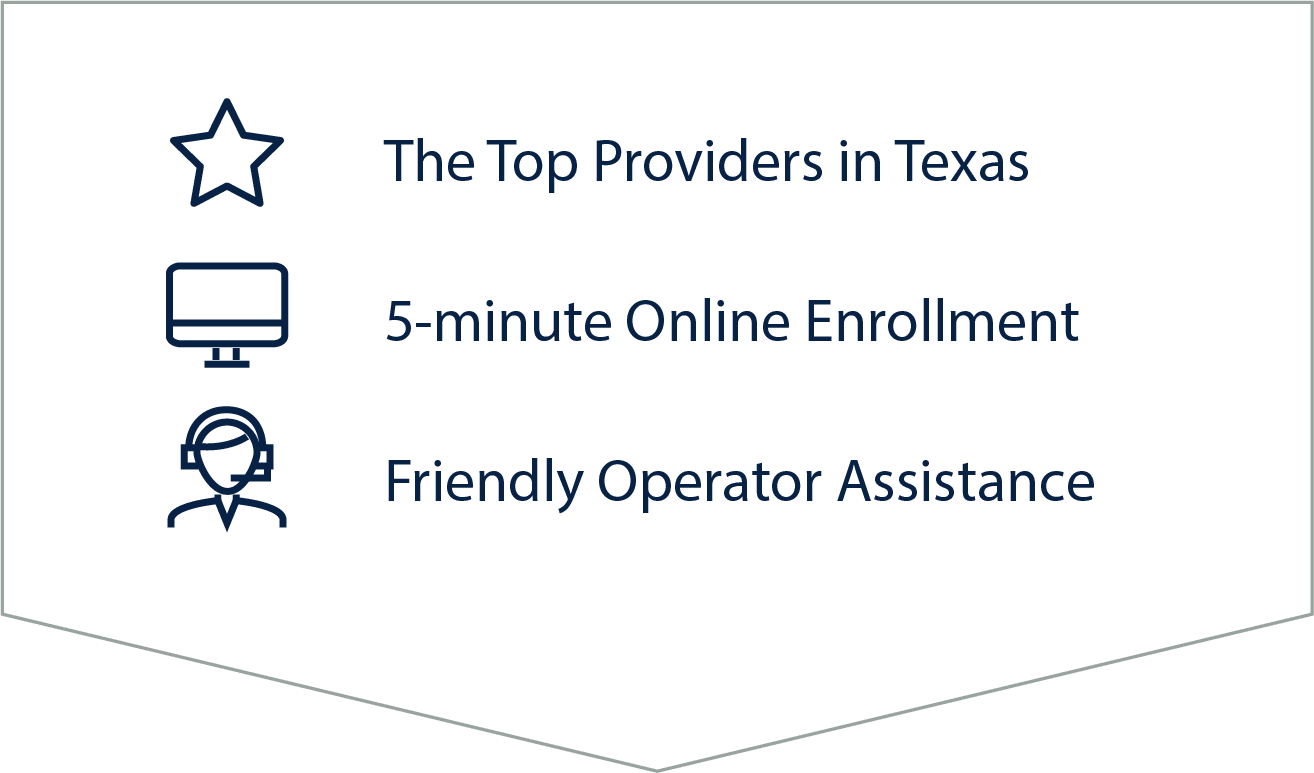Did you know that you can often reduce your monthly energy bill simply by reducing your energy usage? To learn all about how to monitor your energy usage, how the weather affects electricity prices, and even how home appliances can impact your energy bill, read on.
Our team of energy experts has curated a collection of well-researched articles about energy usage to help homeowners reduce their electricity demands and lower their monthly bills.


